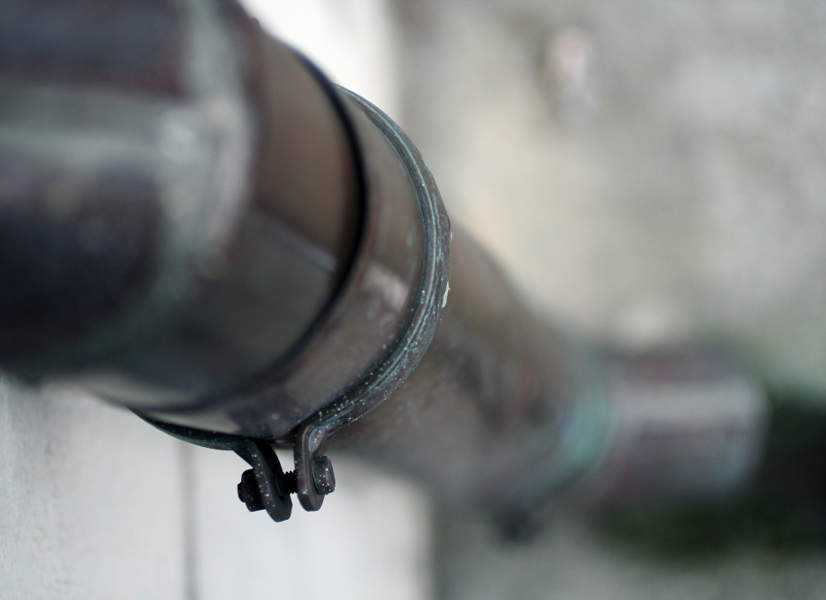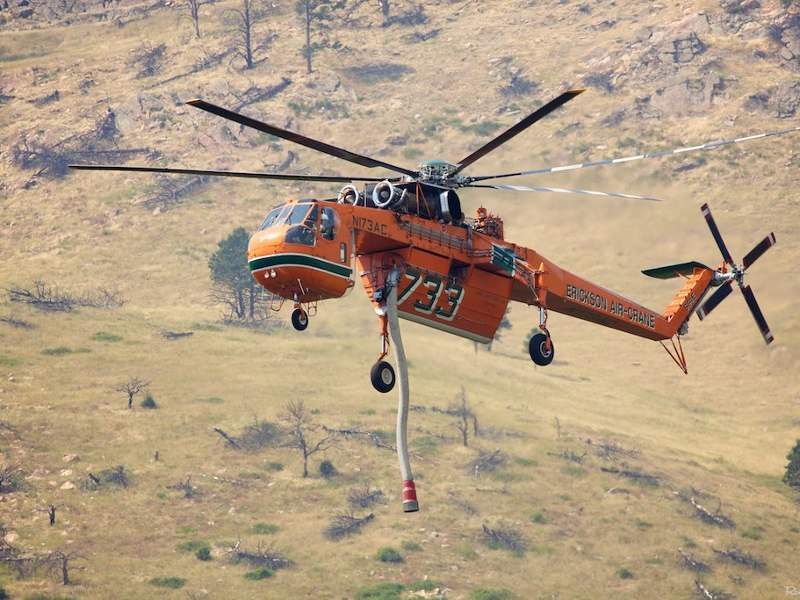Topolobampo Pipeline is a 560km natural gas pipeline built by TransCanada in northern Mexico, with an estimated investment of $1.2bn. Construction of the pipeline started in early 2013 and the pipeline was brought into operation in July 2018.
The 30in diameter pipeline links two north-western Mexican states Chihuahua and Sinaloa and has the capacity to transfer 670 million cubic feet of natural gas per day (Mcf/d).
The pipeline is built, owned and operated by Transportadora de Gas Natural del Noroeste, a wholly-owned Mexican subsidiary of TransCanada, as part of a contract awarded by Mexico’s state-owned power company Comisión Federal de Electricidad (CFE) in November 2012.
Supported by a 25-year natural gas transportation service contract with the CFE, the Topolobampo pipeline will help the transition from fuel oil to cleaner natural gas-fired power generation in north-western Mexico.
Topolobampo natural gas pipeline route
The 560km natural gas pipeline starts from El Encino near the city of Chihuahua and terminates at Topolobampo, near the city of Los Mochis in Sinaloa.
The pipeline passes through Santa Isabel, Gran Morelos, Cuauhtémoc, Cusihuiriachi, Carichi, Bocoyna, Urique and Guazapares in the Chihuahua state, and Choix, El Fuerte and Ahome in the Sinaloa state.
Topolobampo pipeline construction details
The Topolobampo pipeline route comprises rock terrain involving 144 steep slopes for 46% of its route, as it passes through the Sierra Madre Occidental mountain range.
The pipeline construction involved 200km of rock blasting and raised boring through a 150m rock cliff to excavate subsurface tunnel without blasting. Horizontal directional drilling (HDD) technique was used for the 550m crossing of the Chinipas River, along the pipeline route.
A total of 100km of new access road was built as part of the pipeline construction. Helicopter stringing was done for approximately 10km and an air crane was used for the transportation of more than 1,000 pipeline segments.
The pipeline construction involved 22 million man hours and 3,500 workers.
Gas supply for Topolobampo natural gas pipeline
Originating from El Encino, the Topolobampo natural gas pipeline provides upstream interconnection with TransCanada’s 202Mcf/d Mazatlan Pipeline that runs 430km from El Oro to Mazatlan to supply natural gas to CFE’s Mazatlan and other power plants in Sinaloa.
Topolobampo pipeline is also interconnected with El Paso-Chihuahua and Ojinaga-El Encino pipelines, which receive natural gas supply from Permian Basin’s Waha Hub in Texas, US.
The pipeline is also expected to be interconnected with other pipelines that are planned to be built as part of separate bid processes by the CFE.
A 32km-long 24-inch diameter pipeline branch is being constructed to transport natural gas from the Topolobampo pipeline to the proposed Noroeste (Topolobampo II) and Topolobampo III natural gas-fired combined-cycle thermal power plants near the port of Topolobampo, Sinaloa, which are scheduled for commissioning in 2019 and 2020 respectively.
Topolobampo pipeline involves two compressor stations of 15MW and 24MW capacity, and three metering stations.
Contractors involved with Topolobampo natural gas pipeline
Saipem was awarded the engineering, procurement and construction (EPC) contract worth more than $800m in November 2012.
Saipem subcontracted Group Desarrollo Infaestructura (GDI), a company based in Mexico, for the pipeline construction.
Flowtex International was engaged for the horizontal directional drilling for the pipeline’s Chinipas River crossing.
US-based aviation services provider Erickson was sub-contracted by GDI for the transportation of pipeline segments with the help of S-64 E Aircrane during the pipeline’s construction in mountainous terrain.





